News
New joint research paper: Microgrids are the key to accelerating data centre growth and Europe’s energy transition
Published in: Solar, Press Releases
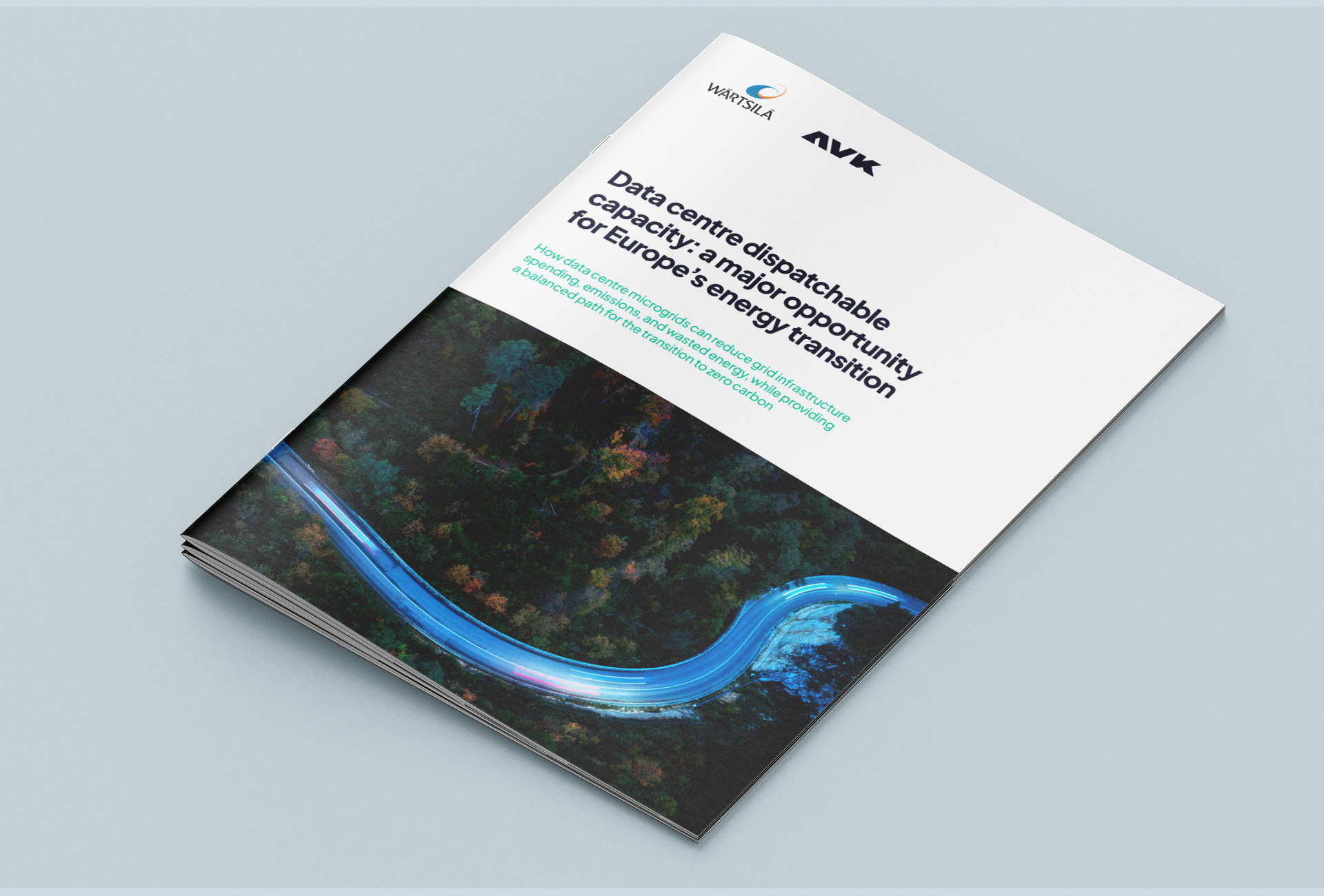
Wärtsilä Corporation and AVK-SEG, Trade press release, 16th September 2025 at 9am GMT
- Driven by the rise in artificial intelligence (AI), European data centre power demand is rising steeply, yet access to grid connected power can face delays of up to a decade.
- Microgrids, comprising of renewable energy, grid balancing engines and energy storage, can provide a reliable, low cost and low emissions way of powering data centres.
- These microgrids, when successfully connected to the grid, can create a significant bank of flexible capacity for balancing the European grid, enabling the energy transition and unlocking huge amounts of new renewable energy.
A combination of renewables, grid balancing engines and energy storage make for the most cost-effective microgrids to power data centres, while also cutting emissions and providing vital grid balancing to enable the energy transition – according to a new research paper from technology group Wärtsilä and energy solutions business AVK.
The paper, Data centre dispatchable capacity: a major opportunity for Europe’s energy transition, provides new analysis on how data centre microgrids can reduce grid infrastructure spending, emissions and wasted energy, while providing a balanced path for the energy transition.The analysis finds that powering the data centres across Europe by optimised microgrids could create a significant bank of dispatchable power, supporting the entire continent’s energy transition.
The rapid growth of AI is driving increased demand for data centres across Europe, which is expected to increase by 250% by 2030, from 10GW to 35GW. With the continent’s grid facing constraints from high energy prices and bloated grid connection queues, data centre operators are increasingly turning to off-grid solutions to power these energy-intensive assets.
Anders Lindberg, President of Wärtsilä Energy and Executive Vice President of Wärtsilä, says, “The growth of AI over recent years has been extraordinary, and as it continues to transform the way we live and work, it drives a need for more energy. This is causing significant challenges for grid operators across Europe, who are struggling with rising costs and up to a 10-year waiting time for a grid connection.
“By investing in microgrids, data centres can sidestep energy constraints, and with the right technology mix of renewables, grid balancing engines and energy storage, can ensure their emissions profiles and costs do not outweigh the huge benefits that AI brings.
AVK CEO Ben Pritchard says: “The answer to the challenges we face in combatting climate change is as much to do with changing behaviours as developing new technologies. And the key to behavioural change is the recognition that there are different ways of doing things. The solutions outlined in this paper are not impractical, they are based on real-world cases and calculations. All that’s needed to make them more widespread is for investors, operators, equipment suppliers, planners, policy makers to recognise the widespread benefits that sharing dispatchable data centre capacity with the grid can bring and pass that knowledge on.”
In addition to benefits created by microgrids, engine power plants bring cost efficiencies to data centre power generation. Modelling an 80MW data centre, a combination of engine power plants, renewables, and energy storage provides the lowest levelised cost of electricity – at 108 EUR/MWh – in comparison to three other real-world scenarios. It also offers a low emissions scenario in comparison to the other modelled scenarios, and particularly in comparison to gas turbines. The emissions of engine power plants can also decrease as sustainable fuels become commercially available.
“Through investing in flexibility, microgrids can have the lowest possible cost, while cutting emissions dramatically compared to other pathways including turbines. This flexibility can have a significant, positive impact on the continent’s digital and energy transition,” Lindberg states.
On current trajectories, 40% of existing AI data centres will be operationally constrained by power availability by 2027. Microgrids can take this new strain off the grid in the short term and when grid connection is achieved, excess energy generated can be sold. As well as furthering cost reductions for data centre operators, this can provide vital flexibility to Europe's power challenges.
Read the new research paper: Data Centre Dispatchable Capacity: A Major Opportunity for Europe’s Energy Transition
Media contacts:
Katri Pehkonen
Communications Manager
Wärtsilä Energy
Mob: +358 50 591 6180
katri.pehkonen@wartsila.com
Spa Communications for AVK
Tristan Van Den Berg
T: +44 7495057887
E: tvandenberg@spacomms.com
All Wärtsilä releases are available at www.wartsila.com/media/news-releases and at news.cision.com/wartsila-corporation where also the images can be downloaded. Use of the image(s) is allowed only in connection with the contents of this press release. Wärtsilä images are available at www.wartsila.com/media/image-bank.
Wärtsilä Energy in brief
Wärtsilä Energy is at the forefront of the transition towards a 100% renewable energy future. We help our customers and the power sector to accelerate their decarbonisation journeys through our market-leading technologies and power system expertise. Our solutions include flexible engine power plants, energy storage and optimisation technology, and services for the whole lifecycle of our installations. Our engines are future-proof and can run on sustainable fuels. Our track record comprises 79 GW of power plant capacity and over 130 energy storage systems in 180 countries around the world. Over 30% of our operating installed base is under service agreements.
www.wartsila.com/energy
Wärtsilä in brief
Wärtsilä is a global leader in innovative technologies and lifecycle solutions for the marine and energy markets. We emphasise innovation in sustainable technology and services to help our customers continuously improve environmental and economic performance. Our dedicated and passionate team of 18,300 professionals in more than 230 locations in 77 countries shape the decarbonisation transformation of our industries across the globe. In 2024, Wärtsilä’s net sales totalled EUR 6.4 billion. Wärtsilä is listed on Nasdaq Helsinki.
www.wartsila.com
About AVK
AVK is the largest and fastest-growing supplier of innovative power solutions for data centres and leading UK and European organisations. We specialise in all aspects of design, planning, implementation, and continuing maintenance.
At AVK, we power tomorrow’s data. We are transforming the way the data industry connects to and consumes energy by developing innovative and sustainable solutions. We deploy leading-edge solutions for our clients, helping them to meet their power demands alongside their sustainability goals.
With offices and hubs across the UK and Europe, AVK is in a unique position, in terms of operational scale and delivery capabilities to tackle complex, large- scale, and groundbreaking engineering and energy projects.
AVK – Powering Tomorrow’s Data

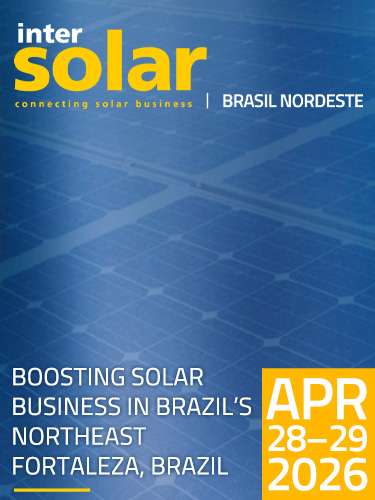

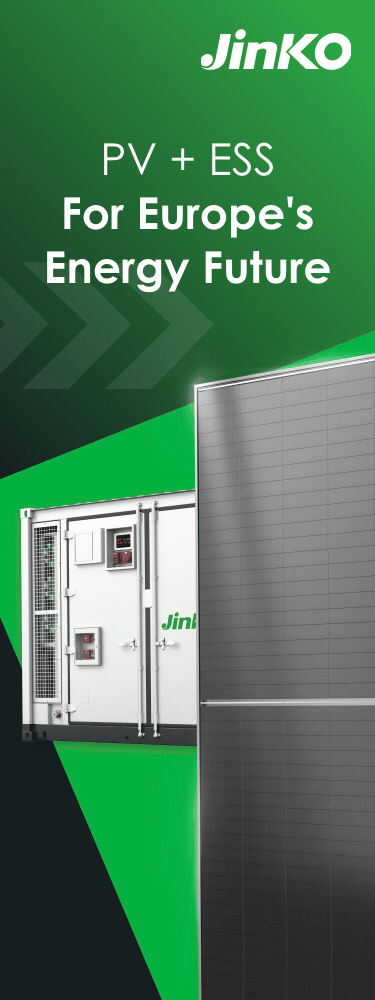
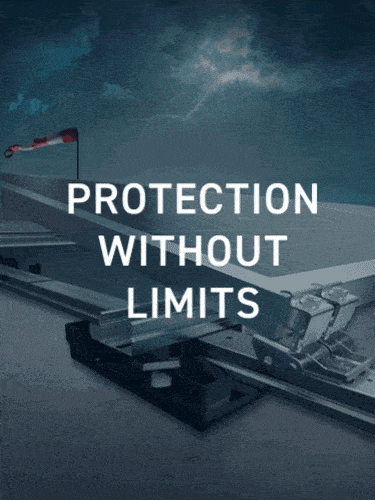
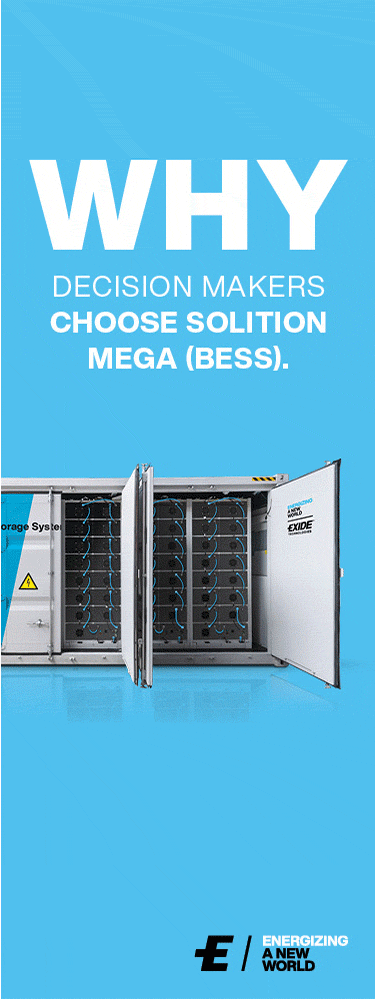


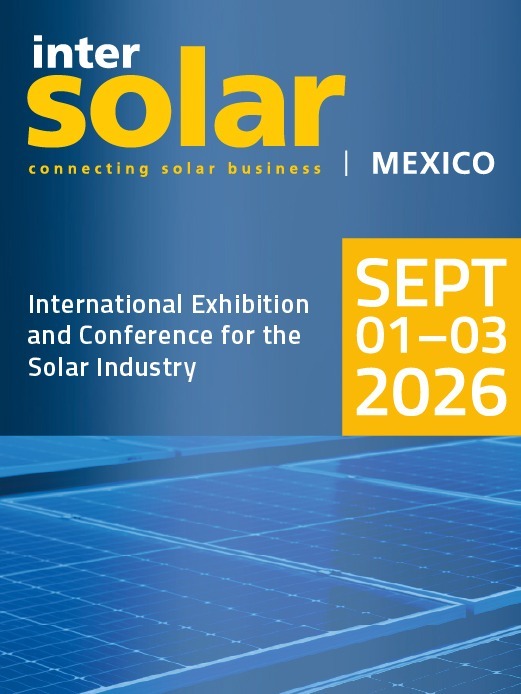
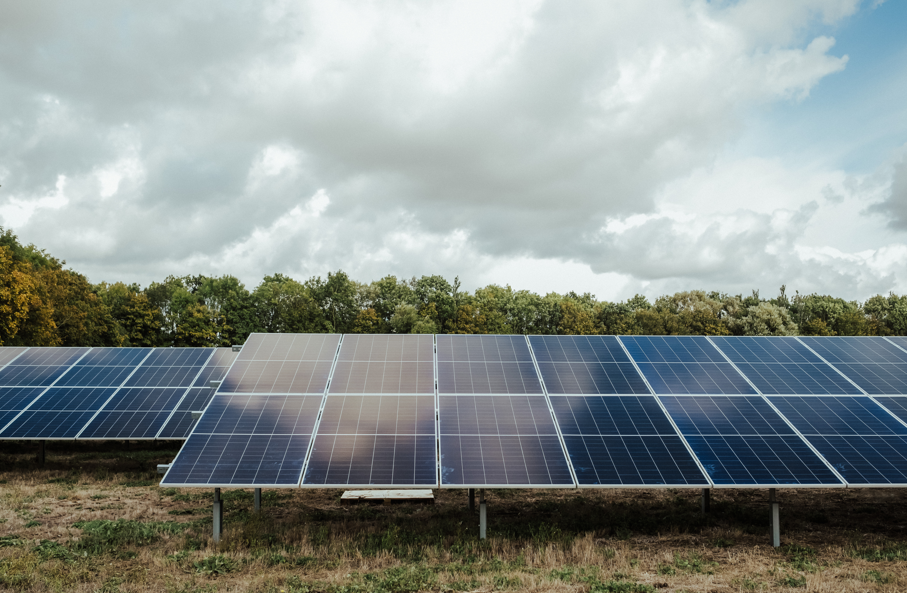
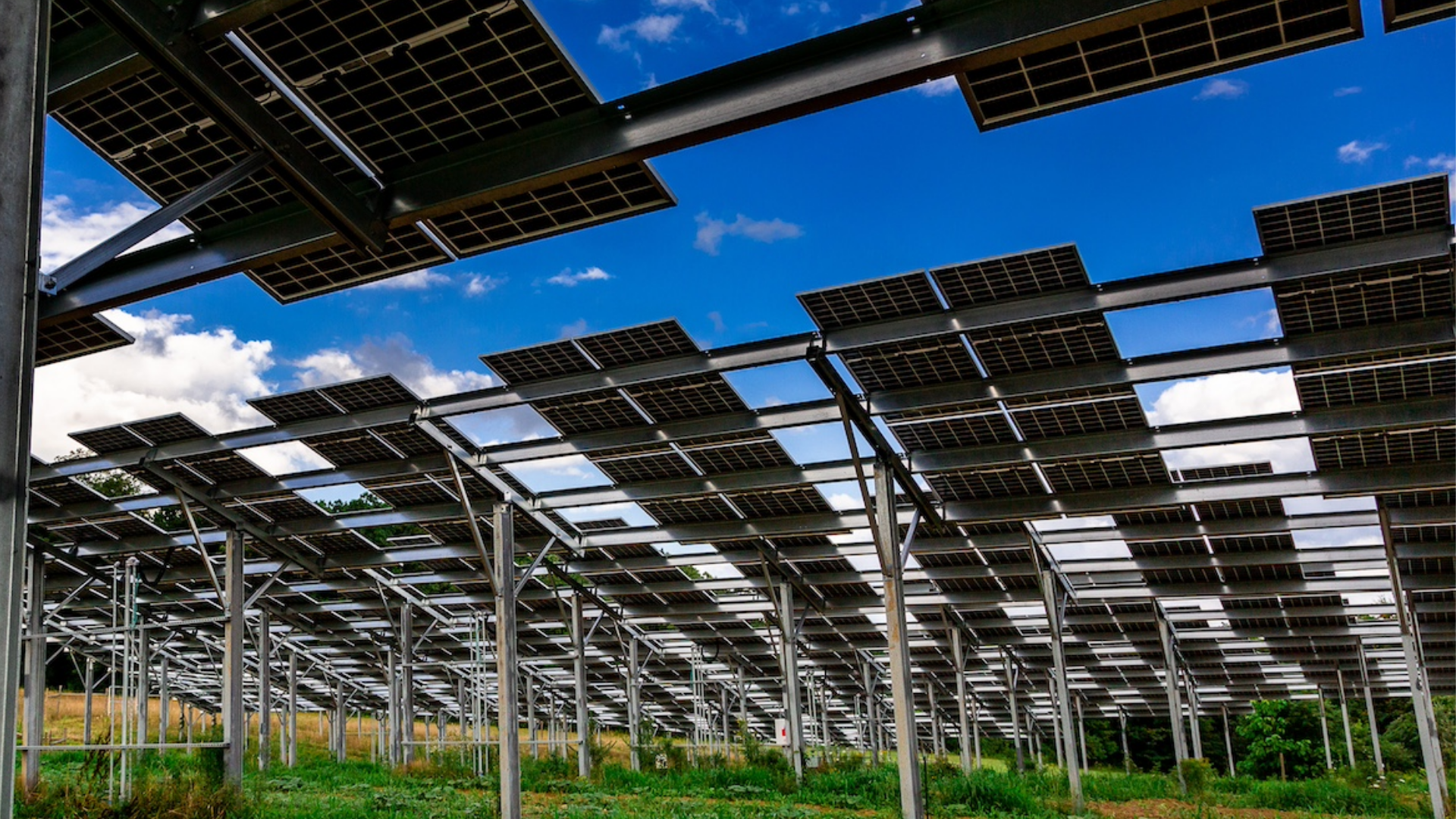
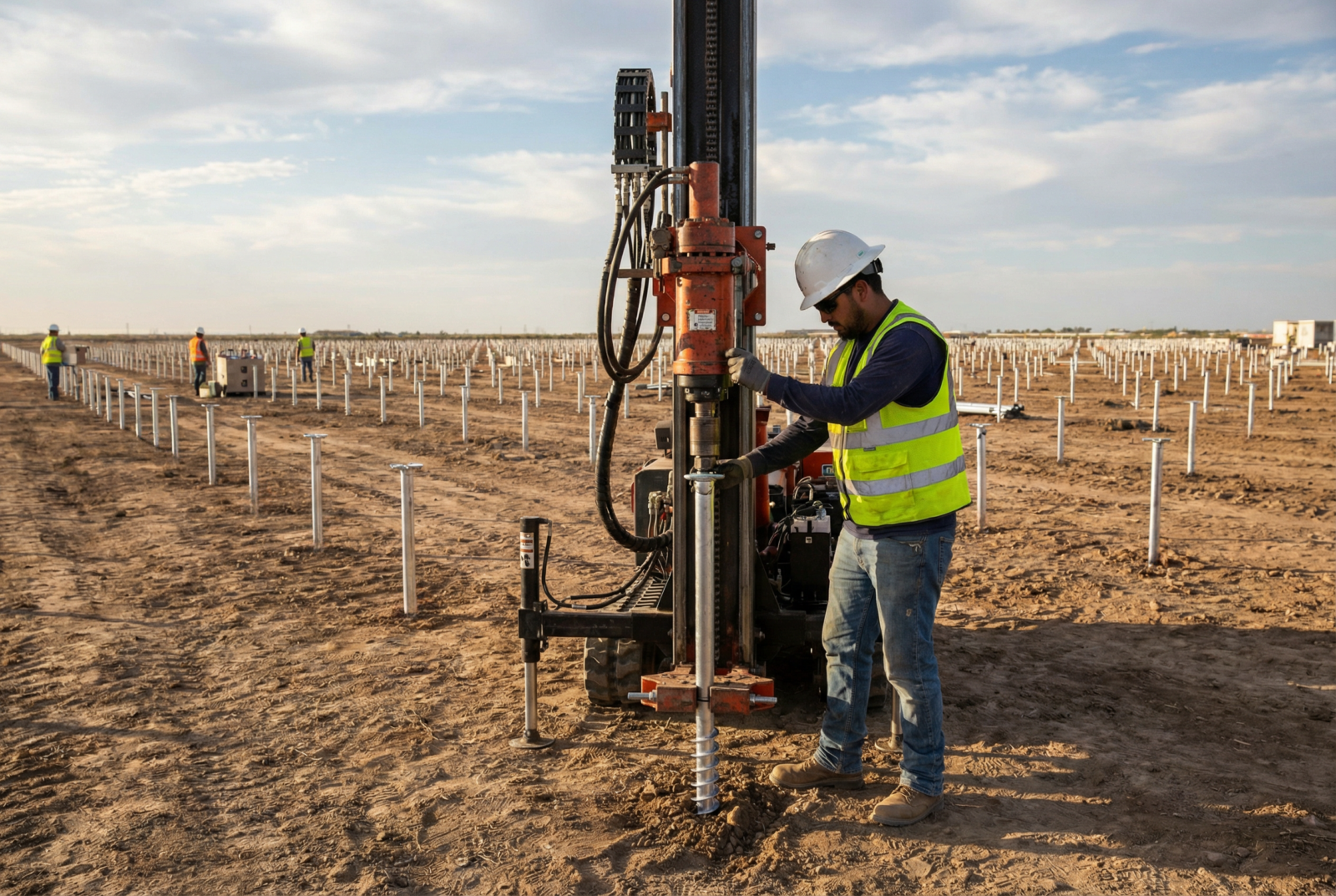
-Feb-02-2026-07-32-32-1624-AM.jpg)